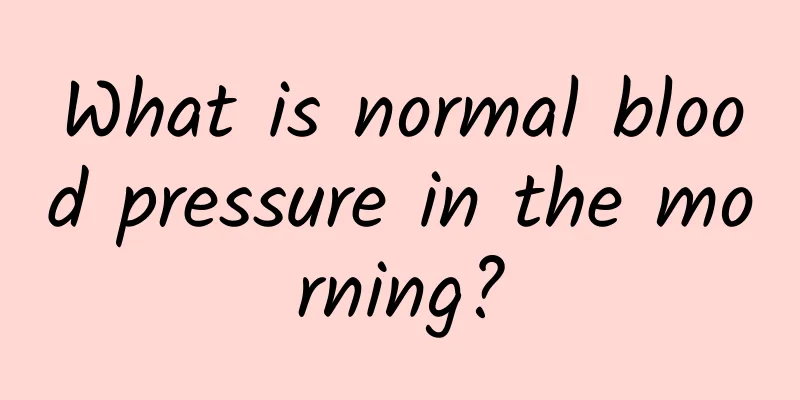What tortures have humans invented to exterminate mosquitoes?

|
【Written at the end】 Mosquitoes can carry and spread more than 80 diseases. Zika virus, malaria, Zika virus and other pathogens are wreaking havoc in Africa, while dengue fever and Japanese encephalitis are still prevalent around the world. In more than 200 countries and regions around the world, up to 800,000 people die each year from mosquito-induced bacterial infections. In March 2022, the U.S. Environmental Protection Agency (EPA) approved an astonishing plan: Oxitech plans to release 2.4 billion genetically modified male mosquitoes into the nature within three years, with the intention of eliminating mosquitoes in local areas. But can this US plan really succeed? In fact, as early as 2009, researchers in the United States modified male mosquitoes and released them into towns. After three months, the number of local mosquitoes was reduced by 80%-95%, which was quite successful. However, the good times did not last long. After 18 months, the American experimental team found that the mosquito population had rebounded significantly. After research, it was discovered that a type of mosquito that had never appeared before had appeared in the area. This type of mosquito not only overcame the defects brought by genetic modification, but also had super strong resistance, making it more difficult to kill. This result tells us that if humans try to eliminate mosquitoes through genetic engineering, they may suffer unprecedented backlash. Although genetic weapons make humans increasingly powerful, they can also be a double-edged sword and must be used with caution. References: [1] Wang J , Ni D . PART III: INTERACTIONS31. A Comparative Study of the Ability of Fish to Catch Mosquito Larva. 2016. [2] Mark S, MD Fradin. Mosquitoes and mosquito repellents: A clinician's guide annals of internal medicine. 1999. [3] Canyon DV, Hii J. The gecko: an environmentally friendly biological agent for mosquito control[J]. Medical & Veterinary Entomology, 2010, 11(4):319-323. [4] Carpenter, Jennifer. "Spermless mosquitoes hold promise to stop malaria". BBC. Retrieved 5 August 2011. Scientists have created spermless mosquitoes in an effort to curb the spread of malaria. 2011, 8 [5] Webb, Jonathan GM lab mosquitoes may aid malaria fight. BBC. 2014, 10 [6]Fang, Janet. Ecology: A world without mosquitoes.[J]. Nature, 2010, 466(7305):432-434. [7] Kyrou K, Hammond AM, Galizi R, et al. A CRISPR–Cas9 gene drive targeting doublesex causes complete population suppression in caged Anopheles gambiae mosquitoes[J]. Nature Biotechnology, 2018, 36. [8] Page ML . Gene tool could halt malaria spread[J]. The New Scientist, 2018, 239(3197):10. Source: Higher-end Humans (ID:xinji656) This article has been authorized. Please contact the original author for reprinting. |
<<: “Hahaha”, this is the reason?!
Recommend
"Water tiger" appears, this fish is very edible, has no friends and is still single...
Recently in Jiangxi Province, a lucky angler succ...
It grows on the roadside and is what men need most.
Plantain is a kind of weed that we often see on t...
Is snakeberry edible?
Snakeberry is edible and has high medicinal value...
What are the effects of Sichuan peony
Peony is one of the most common Chinese medicinal...
How to eat cock flower
Many people may not have heard of cockscomb, whic...
What are the effects and functions of American ginseng slices soaked in water?
American ginseng has a good tonic effect on the b...
The efficacy and function of dog paw camphor bark
Dog paw camphor bark is a medicinal material. If ...
The efficacy and function of peach stem white peel
Peach stem white peel is a kind of Chinese herbal...
Can donkey-hide gelatin cake really be eaten directly?
Everyone knows that it is an excellent tonic for ...
What is quantum secure communication? (Part 2): Riding on light, going up to the sky and down to the earth!
Produced by: Science Popularization China Author:...
Top search! Mexico exhibits "alien remains", becoming the "first country to admit the existence of aliens"?
In the past two days, a hot search about aliens h...
The driving force behind polar cold waves: How does the jet stream shape the Earth’s climate and weather?
Tuchong Creative The westerly jet stream is a pow...
The efficacy and function of tofu dregs fruit root
Many people choose the root of the tofu residue f...
National Bureau of Statistics: China's online retail sales reached 12,458.5 billion yuan from January to November 2022, a year-on-year increase of 4.2%
Statistics recently released by the National Bure...
What are the main therapeutic effects of bamboo grass?
With the continuous development of modern Chinese...









